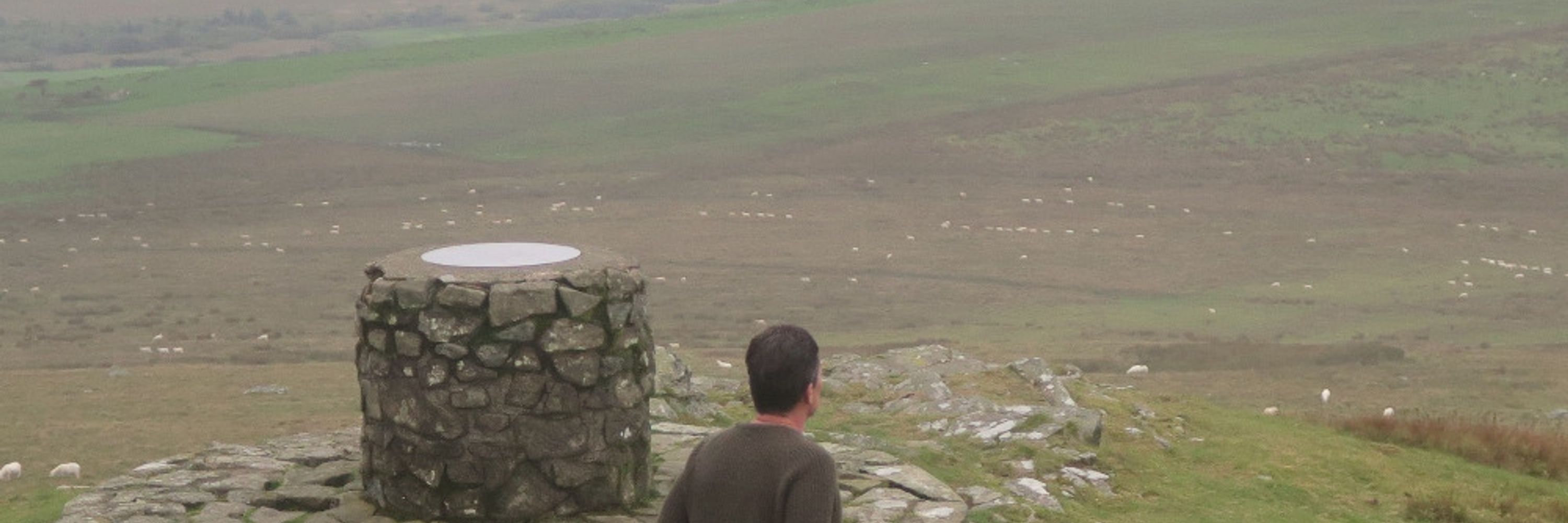Morrisjonathan
@jonathanmorris.bsky.social
190 followers
190 following
1.3K posts
Chartered Engineer and a chronicler of Stonehenge ideas.
for contact etc see: https://linktr.ee/envisager
Posts
Media
Videos
Starter Packs




